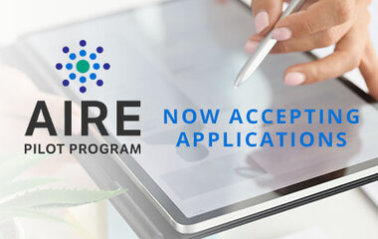AIRE Pilot Programs: Innovative Sleep Medicine Training

| 2026-2027 AY Application Due Date: Applications are currently being accepted on a rolling basis.Preferred deadline for 2026-2027 AY is Tuesday, January 20, 2026 |
| Amount of Award: $10,000 to $100,000 (dependent on model) |
| Application Format: Electronic submission with all materials and inquiries sent by email to the address below. |
| Contact: Maggie Kosinski Email: mkosinski@aasm.org |
The American Academy of Sleep Medicine (AASM) is seeking sleep medicine fellowship training programs that are interested in participating in innovative pilot programs as part of the Advancing Innovation in Residency Education (AIRE) initiative. Approved by the Accreditation Council for Graduate Medical Education (ACGME), these sleep medicine pilot programs are testing innovative models of graduate medical education that emphasize competency-based training methods. Selected institutions will test training and assessment tools developed by the AASM through two novel fellowship training pathways: a part-time model and a model blending sleep training with additional specialty training. The AASM will provide funding for required additional training slots to participate in the pilot.
As of March 2025, the ACGME approved the AASM’s Innovative Fellowship Models Task Force (IFMTF) request to allow new programs to participate in the AIRE Pilot program.
